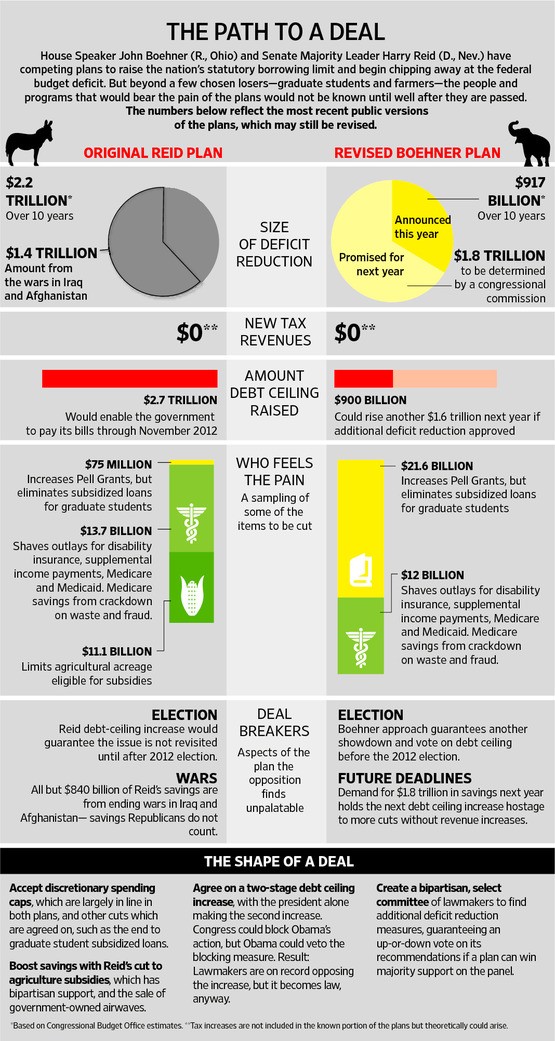Muni Bond Proposals Doubling to $44 Billion Shows Debt Appetite Bloomberg Business
Post on: 24 Июнь, 2015 No Comment

Nov. 3 (Bloomberg) — U.S. states and localities are asking voters to approve about $44 billion of bonds for schools, water systems, hospitals and roads, more than twice what they sought in 2010.
The proposed debt is the most for a November general-election period since 2008, and compares with $16.7 billion of initiatives submitted in 2010, also a congressional midterm, according to Ipreo, a New York-based financial-market data provider. The securities would pay for projects ranging from a hospital in Maricopa County, Arizona, to rail projects in Austin, Texas, and school improvements in Broward County, Florida.
With interest rates close to generational lows and state and city finances strengthening more than five years after the recession, localities are growing confident in asking taxpayers to allow bonding for infrastructure work postponed amid the financial crisis. Investors would welcome the supply, with the $3.7 trillion municipal market set to contract for an unprecedented fourth straight year in 2014.
“We understood that during the recession, we couldn’t be going to the taxpayers and asking them for money,” said Benjamin Leong, chief financial officer of Broward County Public Schools. “But now after all these years, we need to go back and ask the community to invest into our schools.”
2006 Record
The record for bond proposals in a November general election was in 2006, a midterm year like 2014. Municipalities asked for $78.6 billion, and voters approved $69.6 billion, according to Ipreo.
By contrast, in the five years from 2009 to 2013 states and cities asked for a combined $98 billion as tax revenue eroded because of falling home values and a rising jobless rate.
Those trends have reversed. Home prices in 20 metropolitan areas across the U.S. are the highest since February 2008, S&P/Case-Shiller index data show. The U.S. unemployment rate in September was 5.9 percent, the lowest since July 2008, Labor Department data show.
Cities are contributing to the hiring gains, with more expanding their workforces than at any time since 2008, according to the National League of Cities.
Fuller Coffers
With bolstered coffers, localities are set to borrow more for new projects. Municipalities have sold about $243 billion of fixed-rate, long-term debt this year, 5 percent less than the same period of 2013, data compiled by Bloomberg show.
“State and local governments are slowly moving back into a capital-investment mode,” said James Dearborn, head of munis in Boston at Columbia Management Investment Advisers, which oversees about $30 billion in local debt. “We’re starting from a very low base compared to where we were a decade ago, so even a slight move up feels like it’s an improvement.”
Borrowing is still falling short of what it would take to repair the nation’s roads and bridges. States, cities and public agencies have reduced their debt by $111 billion since 2010, the biggest decline, peak to trough, since records began in 1945, according to Federal Reserve data.
The U.S. needs an estimated $3.6 trillion of investment in infrastructure by 2020, according to the American Society of Civil Engineers.
Water Bonds
This year’s proposed borrowings would take on some of that work. They include $7.5 billion for water supply infrastructure, drinking water protection and watershed restoration in drought-plagued California, $2 billion for classroom technology equipment in New York and a new hospital and behavioral health facility in Maricopa County, Arizona.
In Broward County, home of Fort Lauderdale, the school district is asking voters to allow an $800 million general-obligation offering. Proceeds would finance projects related to music, the arts, athletics and technology.
Florida cut taxes on property values that fund school districts in 2008 and 2009, causing Broward to eliminate $1.8 billion in projects for its facilities, according to a website explaining the bond proposal. About 40 percent of the buildings are more than 25 years old.
“Most municipalities are finally feeling more upbeat and optimistic about their fiscal condition,” said John Flahive, Boston-based director of fixed income at BNY Mellon Wealth Management, which oversees about $20 billion in munis. “It’s great news that we have this amount up for election, because states and localities are woefully behind and are in need of increased capital programs for infrastructure.”
Following are the largest bond issues before voters, according to Ipreo and reports from local press or unofficial tallies from districts:
To contact the reporters on this story: Brian Chappatta in New York at bchappatta1@bloomberg.net ; Darrell Preston in Dallas at dpreston@bloomberg.net
To contact the editors responsible for this story: Stephen Merelman at smerelman@bloomberg.net Mark Tannenbaum, Mark Schoifet














